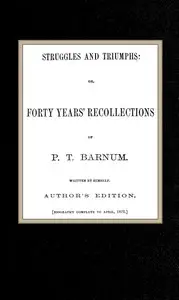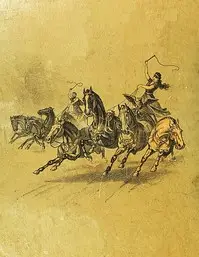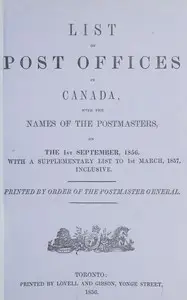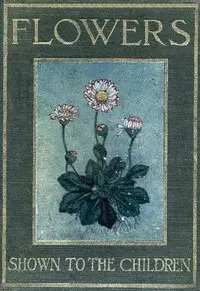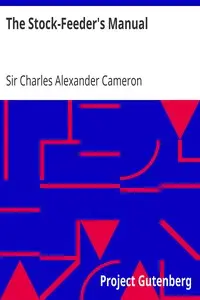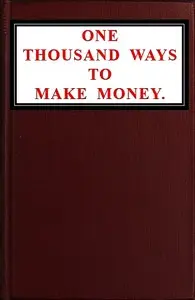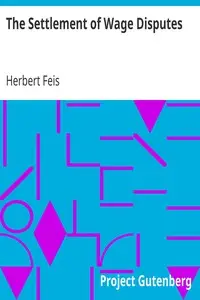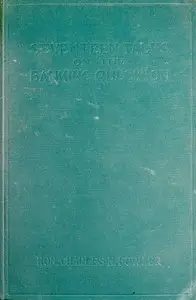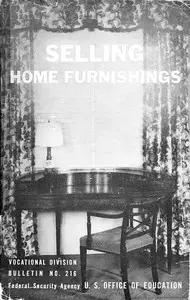"The Art of Money Getting: or, Golden Rules for Making Money" by P.T. Barnum is a self-help book written in the late 19th century. This work offers practical advice on achieving financial success and highlights the importance of proper economic habits. Barnum, a renowned showman and entrepreneur, shares his insights based on personal experiences and observations, emphasizing values like hard work, frugality, and integrity. In the book, Barnum discusses essential principles for making and retaining wealth. He emphasizes that true economy isn't merely about saving pennies but about ensuring that one's expenses are consistently lower than earnings. He encourages readers to avoid debt, choose vocations that align with their interests, and persist in their endeavors. Barnum’s anecdotes illustrate the pitfalls of extravagance and the significance of maintaining integrity in financial dealings. He asserts that a sound mind and good health are foundational to success, advocating for diligence, systematic work, and charitable behavior as key components of a prosperous life. Ultimately, Barnum’s work serves as a motivational guide for anyone seeking to improve their financial standing and make a lasting impact through honest work. (This is an automatically generated summary.)
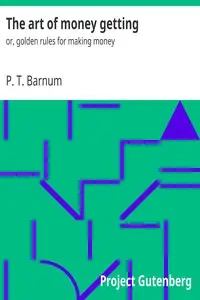
The art of money getting : $b or, golden rules for making money
By P. T. (Phineas Taylor) Barnum
"The Art of Money Getting: or, Golden Rules for Making Money" by P.T. Barnum is a self-help book written in the late 19th century. This work offers pr...
Phineas Taylor Barnum was an American showman, businessman, and politician remembered for promoting celebrated hoaxes and founding with James Anthony Bailey the Ringling Bros. and Barnum & Bailey Circus. He was also an author, publisher, and philanthropist, although he said of himself: "I am a showman by profession ... and all the gilding shall make nothing else of me." According to Barnum's critics, his personal aim was "to put money in his own coffers". The adage "there's a sucker born every minute" has frequently been attributed to him, although no evidence exists that he had coined the phrase.


